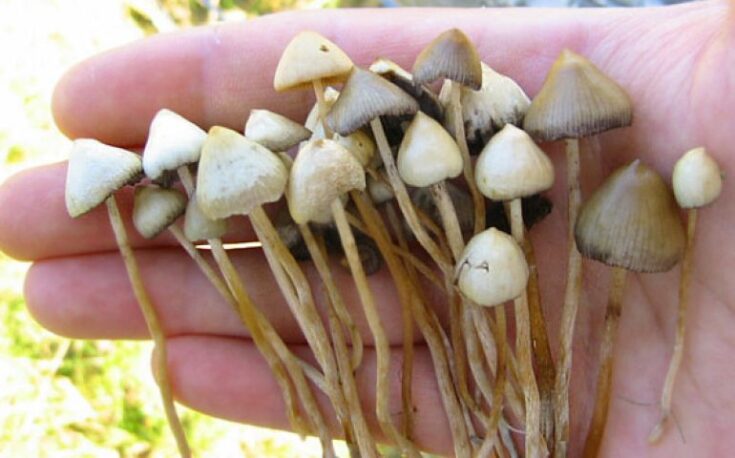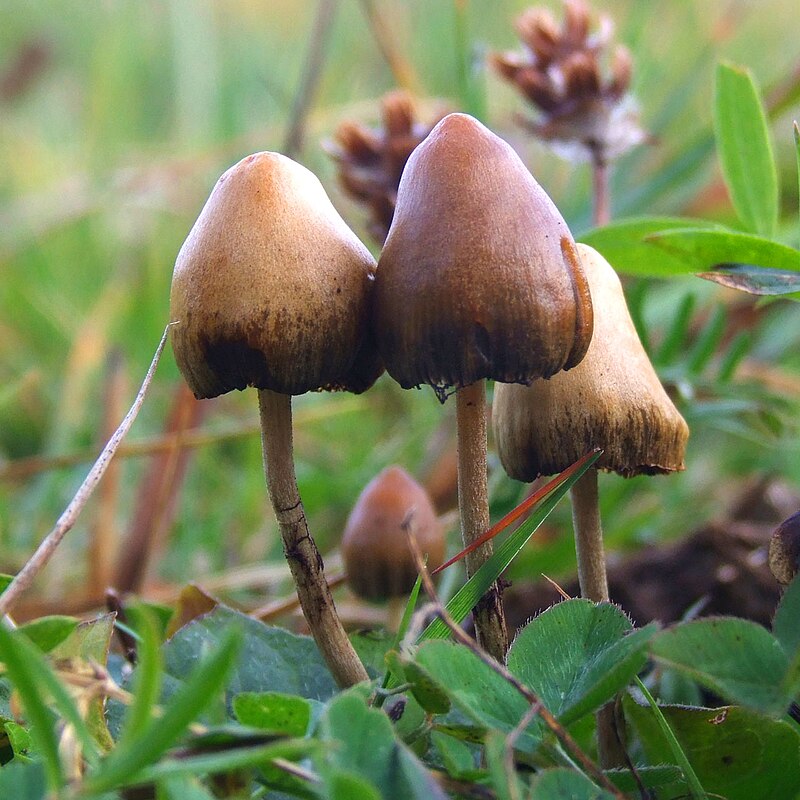Study shows psilocybin gives similar long-term antidepressant goods to standard antidepressants.
Depression is a wide internal illness, impacting about 280 million people worldwide. Researchers are interested in expanding treatment options and choosing the most effective specifics. Using psychedelics to treat depression is one area of ongoing exploration.
• Psychedelics are substances that may be salutary in treating internal illness.
• Exploration is ongoing about the effectiveness of using psychedelics similar as psilocybin and how they compare to more traditional treatment options.
• Substantiation from a recent review suggests that the psychedelic psilocybin at high boluses was slightly more effective at treating depression than the common antidepressant escitalopram.
The comparison, between psilocybin( the active component in” magic mushrooms”) and the SSRI escitalopram gave analogous long- term advancements in depressive symptoms over a 6-month period; still, cases taking psilocybin also reported better psychosocial functioning, including passing a lesser sense of meaning in life and cerebral connectedness.

The results of the review indicate that high boluses of psilocybin were minimally more effective than escitalopram in relieving depressive symptoms and slightly more effective than the placebo results in escitalopram trials. The results suggest that psilocybin may be similar to current antidepressant treatment.
Also body dysmorphic complaint( BDD) is a enervating internal illness characterized by an compulsive obsession with perceived excrescencies in one’s physical appearance. Cases with BDD frequently have distorted tone- image, protrusive studies, and obsessive actions that significantly vitiate daily performing and quality of life. Current curatives have limited efficacity, leaving numerous victims without relief.
A study led by experimenters at Columbia University and published in Psychedelics provides stopgap by revealing how the psychedelic medicine psilocybin, the active component in” magic mushrooms,” may rewire connectivity of brain circuitry, potentially abetting in the treatment of this enervating complaint. The paper is named” Single- Cure Psilocybin Alters Resting State Functional Networks in Cases with Body Dysmorphic complaint.”
Not enough to draw conclusions It would be tempting to conclude from this study that psilocybin works just as well as generally described antidepressants in the long term. Unfortunately, the data from this study is inadequate to draw that conclusion. A much larger sample of actors is demanded.
Also, numerous cases ( 63) had other treatments in those six months, similar as psychotherapy or antidepressants, or they used psychedelics. Because of the small number of actors and the study design, especially since the need for indispensable treatments weren’t well covered, the results from this study cannot be used to draw any hard conclusions on the long- term effect of psilocybin.
Still, this study is a good illustration of the tendency of the field to shift down from only looking at short- term antidepressant goods



